This article was updated on 11/3/21.
Please note: As we continue to learn more about COVID-19, the information in this article may change. You can find our most up-to-date information about coronavirus here.
Infectious disease expert Dr. Alexandra Brugler Yonts explains why your child should get the COVID vaccine and answers some questions about the vaccine’s risks, side effects and rumored link to infertility.
Why should my child get the COVID vaccine?
There are many reasons that your child should get the COVID vaccine. The vaccine will not only protect YOUR child from getting sick with COVID in the short term, but will also likely prevent some of the complications of COVID such as the multisystem inflammatory syndrome in children (MIS-C) and post-acute COVID-syndrome (also known to some as “long COVID”). The COVID vaccine has also been shown to decrease the chance of spreading SARS-CoV-2, the virus that causes COVID, which is important because kids are really great at sharing everything, including viruses! Minimizing the spread of the virus that causes COVID will help protect individuals who are high risk for severe COVID, including the elderly and those with certain underlying health conditions, as well as individuals who may not be able to get a COVID vaccine for medical reasons.
Why do kids need the vaccine if they don’t get seriously ill from COVID and are less likely to transmit it?
Children under the age of 18 currently represent about one-quarter of all new COVID cases (22.5%). While most children with COVID have mild or no symptoms and death is rare, even in those with known risk factors for severe disease such as obesity and diabetes, some children still get very sick and require hospitalization. We don’t always know which children will get sick and which ones will not. A small percentage of children who are exposed to the SARS-CoV-2 virus, the virus that causes COVID, also have complications after recovery from their acute illness, such as the MIS-C, which often results in hospitalization and can have long term effects on the heart and brain, or “long COVID” with persistent fatigue, muscle pain, joint pain, “brain fog” and many other symptoms for months after resolution of initial COVID.
While there were some data early in the pandemic that suggested that kids were less likely to transmit the virus that causes COVID, we have learned over time that that is simply not the case. Children can also spread COVID when precautions such as masking and appropriate physical distancing are not being followed.
How do I know the vaccine is safe for my child?
Pfizer, Moderna and Johnson & Johnson are studying their vaccines in clinical trials. These studies, which have enrolled thousands of children, will tell us about side effects experienced by the children in this study and, importantly, tell us how the frequency of these symptoms compares to those in children who received a saline placebo injection. As with the trials of these vaccines that have been conducted in adults, safety is a top priority and participants in the study are asked about any new symptoms daily for the first week after each vaccine dose and then asked about any more serious new illnesses or health problems for 2 years after vaccination.
Historically, vaccines that have been confirmed through testing to be safe for adults have also been safe in children, though sometimes a slightly different dose of vaccine has been required to minimize uncomfortable, temporary side effects in children. Looking back at the database that is used by the Centers for Disease Control and Prevention (CDC) and the Food and Drug Administration (FDA) to track vaccine side effects, VAERS (Vaccine Adverse Events Reporting System), the risk of death or serious illness or injury due to any vaccine is EXTREMELY low — less than one in a million. Data to date, including safety follow-up information obtained from the hundreds of millions of people who have been vaccinated outside of clinical trials, indicates that the COVID vaccines are no different regarding risk of serious illness or death.
I’ve heard the COVID vaccine can cause infertility. Is this true?
No, there is no evidence that any vaccine, including the COVID-19 vaccines, causes infertility or miscarriage. The claim that COVID vaccines either contain or generate antibodies against syncyntin-1, a protein that helps with formation of the placenta during pregnancy, is false. In a study recently published in the New England Journal of Medicine, the CDC’s active vaccine safety monitoring system (V-Safe) had over 35,000 pregnant women participating that reported receiving a Covid-19 vaccine. Pregnancy outcomes and rates of complications such as miscarriage, pre-term birth, low birth weight or still births, were no different than rates in non-vaccinated pregnant women or historical rates.
How will the COVID-19 vaccine change socializing for my child?
Once fully vaccinated (2 weeks after last dose of vaccine), children will be able to participate in more activities without a mask as outlined by the CDC. This includes gathering indoors with other fully vaccinated children and adults without a mask and going to outdoor events, including participating in sports activities, without a mask.
Are there risks from the vaccine for kids that might not be present for adults?
In general, side effects from the COVID vaccines appear to be very similar to those seen in children after receiving routine vaccines of childhood and no different than the side effects seen in adults.
MIS-C is a condition that is seen in children who have previously been infected with COVID much more frequently than in adults. Because we still don’t know exactly why MIS-C happens after COVID and why some kids are affected and most are not, the risk of MIS-C after vaccination is being studied in ongoing clinical trials.
Do kids have the same side effects from the vaccine as adults?
Generally, yes. The most common side effects, reported by both adults and children in the vaccine clinical trials, are soreness in the arm that received the injection, fatigue, chills, fever, headache and muscle and joint pains. In the study of the Pfizer COVID vaccine in 12 through 15 year olds, the only differences in side effects were that a slightly higher percentage of children (12-15) experienced fever in the 7 days following vaccination compared to 16-25 year old people who also received the vaccine (10% vs 7% after Dose 1, 19.6% vs 17.2% after Dose 2). Children 12-15 years old reported joint or muscle pain less frequently than individuals 16 and older. Almost all the side effects started within a week after each vaccination and then resolved after 1-3 days.
Are there children who shouldn’t get the vaccine?
Children who have had a severe, immediate allergic reaction to any of the components of the vaccines, specifically polyethylene glycol should not receive the Pfizer or Moderna vaccine. While it is not strictly stated that children with a history of severe allergy (anaphylaxis) to any substance shouldn’t get any of the COVID vaccines, it is recommended that they discuss the risks and benefits of getting the vaccine with their doctor.
My child already had COVID-19. Why should they get the vaccine?
Even if your child has already had COVID-19, they should still receive the vaccine. While there is some evidence that people who been infected with SARS-CoV-2 develop immunity for several months after infection, it is unclear if that immunity is fully protective and how long any protection may last. The vaccines have been studied specifically to answer these questions and have been demonstrated to be very effective (>90% for Pfizer and Moderna, >70% for Johnson & Johnson) at protecting vaccinated individuals from COVID-19.
After receiving the COVID-19 vaccine, can my child stop wearing a mask?
The CDC has now stated that it is okay for fully vaccinated individuals to no longer wear a mask when interacting with people outside of their household. Someone is considered “fully vaccinated” when 2 weeks have passed since the final vaccine dose (Dose #2 for Pfizer or Moderna vaccines or Dose #1 for Johnson & Johnson’s vaccine).
The new guidance released by the CDC has some caveats, however, as it assumes that none of the other people that you or your family are coming into contact with are immunocompromised (on long term medication to suppress their immune system such as steroids, have an underlying immunodeficiency syndrome, are receiving chemotherapy or have had a transplant). Immunocompromised individuals may not be able to form the same response to the vaccine as other individuals and they are at higher risk for severe disease if they do develop COVID-19. In the end, if you and your child decide to continue wearing masks because it makes you feel safer or you worry that you will be around others who haven’t been vaccinated or don’t have a fully functional immune system, that is okay too.
 https://riseandshine.childrensnational.org/wp-content/uploads/2025/03/beach-feature.jpg
300
400
Rise and Shine
https://riseandshine.childrensnational.org/wp-content/uploads/2017/11/childrens_riseandshine_logo.jpg
Rise and Shine2025-04-01 11:42:192025-04-01 11:42:19Spring break travel safety: Protecting your family during the measles outbreak
https://riseandshine.childrensnational.org/wp-content/uploads/2025/03/beach-feature.jpg
300
400
Rise and Shine
https://riseandshine.childrensnational.org/wp-content/uploads/2017/11/childrens_riseandshine_logo.jpg
Rise and Shine2025-04-01 11:42:192025-04-01 11:42:19Spring break travel safety: Protecting your family during the measles outbreak





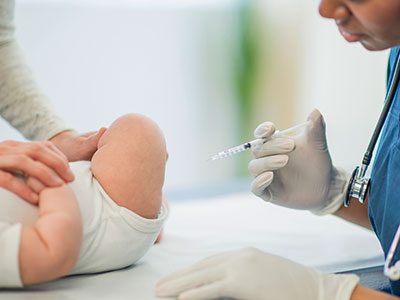
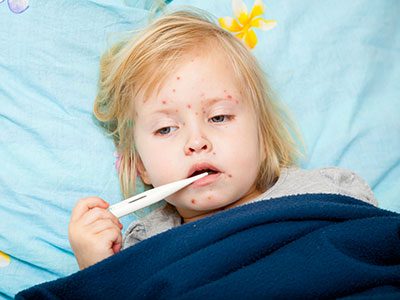
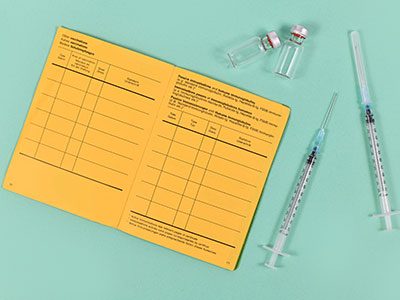

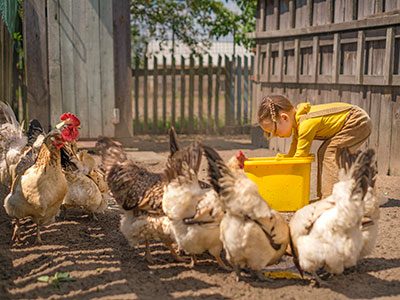

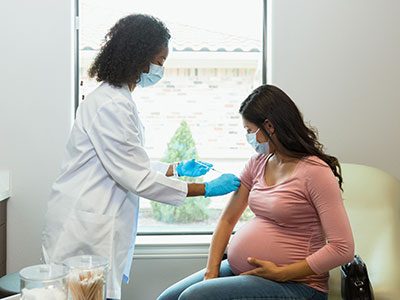
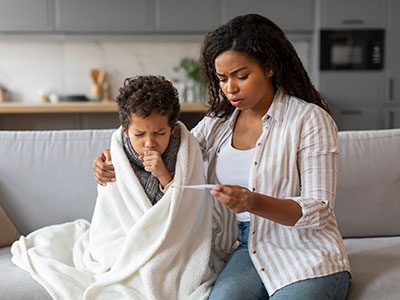
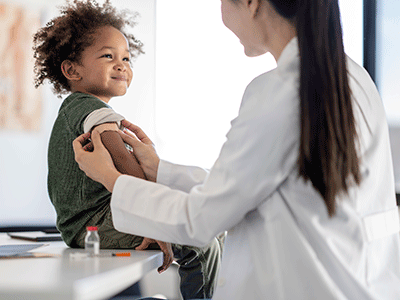

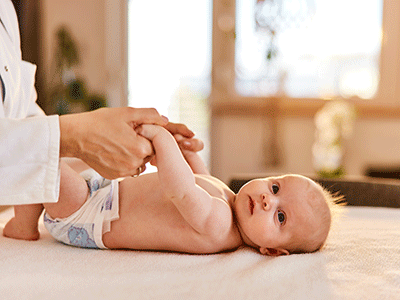
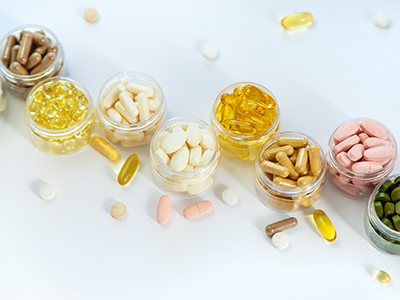
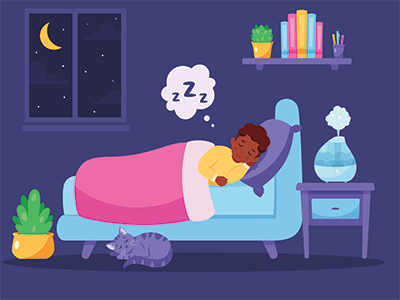
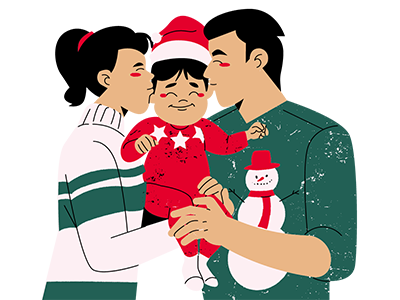
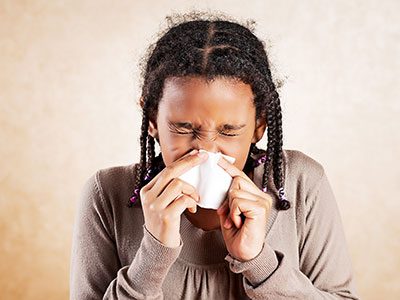
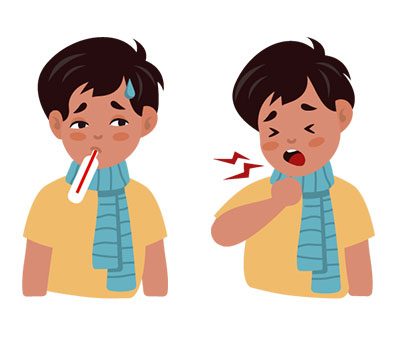
Leave a Comment
Want to join the discussion?Feel free to contribute!